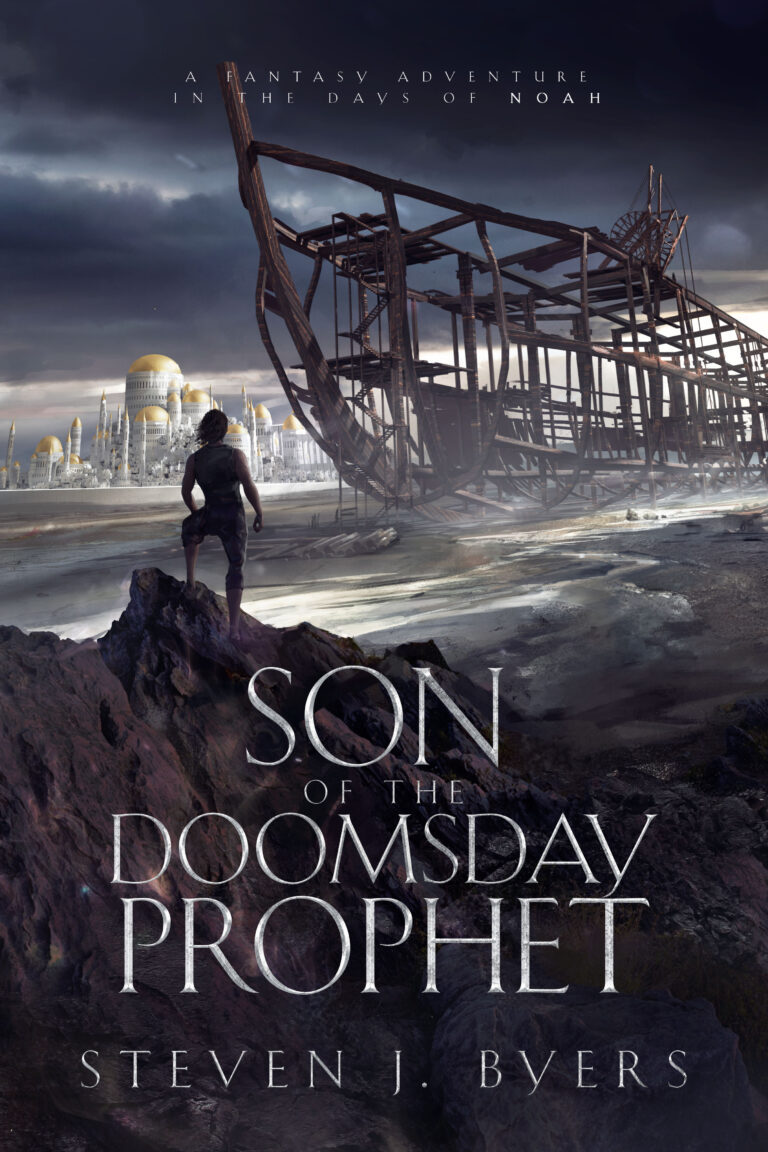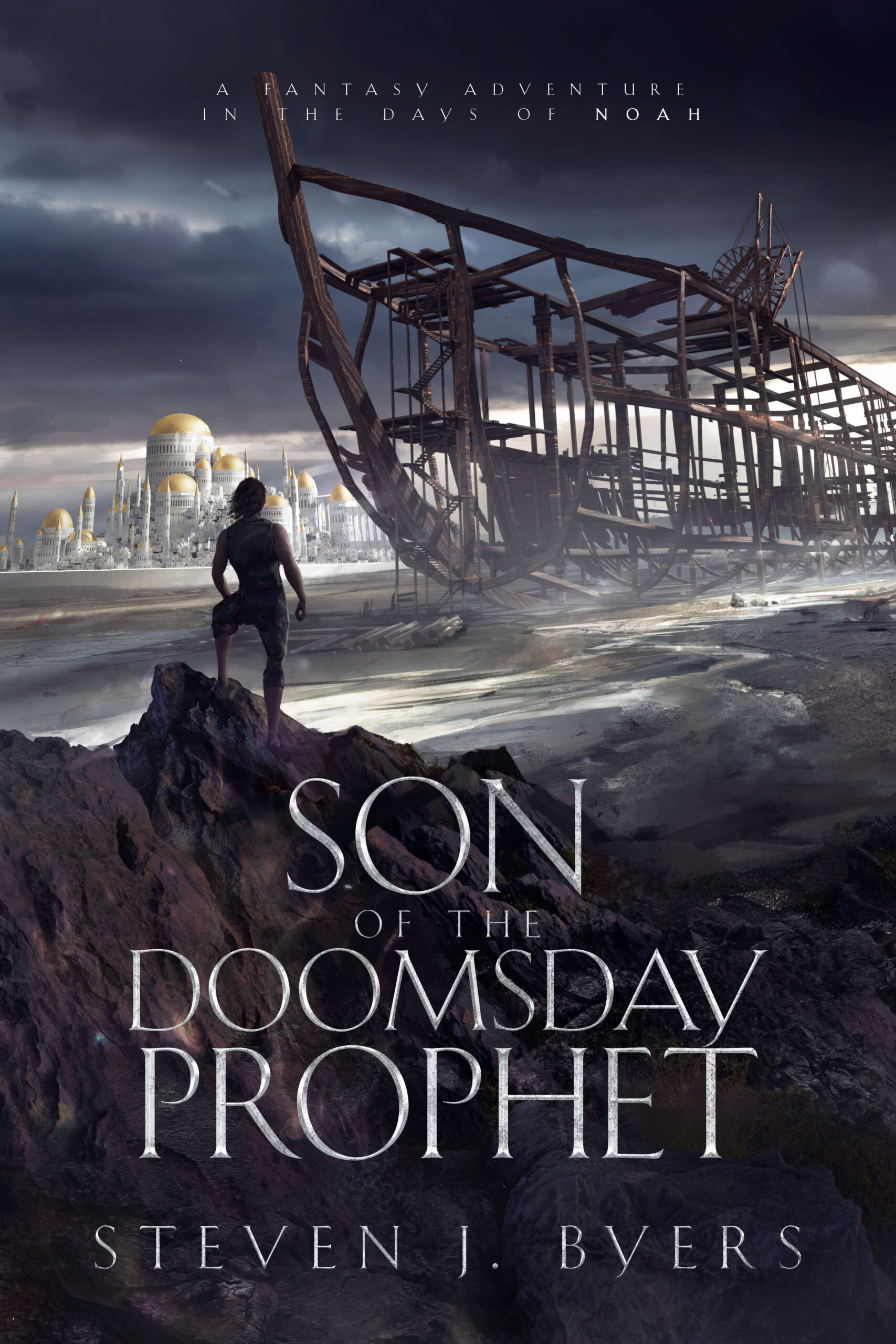Jayfeth is the oldest son of Noah, who has been commanded by God to build an ark in preparation for a coming catastrophe that will remake the world in a surge of Old Testament violence and judgment. Unlike his father and his brother, Shem, Jayfeth has no gift of prophecy or sight, though he has a nearly-magical connection with animals. Jayfeth is born into a world rapidly changing. His father has been alive for five centuries, and his great-grandfather, Methuselah, is much older than that, but the world is increasingly alarming to them. Rumors of a new cult in the East and a new governor in the land of Nephil are disturbing, and Noah’s insistence on preaching the alarming judgment of God—not to mention building the ark—has lowered his status in the land of Cush. His own family has turned against him. As the family struggles to complete the ark, relying on Jayfeth’s brother Ham’s engineering genius and the help of the new governor, things become worse and worse. Younger generations abandon the old ways, defy their wise elders, and embrace power and pleasure in equal measure. When Noah travels to the bleak land of Enoch-Nod, he is taken prisoner. Jayfeth’s journey to save him reveals a diabolical plot, and a society beyond salvaging.
This is an exciting concept, delving into one of the most well-known Bible stories and building a fresh fictional universe around it. In SON OF THE DOOMSDAY PROPHET, author Steven J. Byers infuses familiar names like Noah and Ham with distinct personalities, and makes the terrible burden of faith feel very real. Noah isn’t a flat, saintly character; the reader feels the sweat on his brow and the weariness he feels as he persists in an endeavor even his own brother believes to be madness.
Byers’s writing is engaging, and his characters are distinctive and enjoyable. He also avoids making the many characters who refuse to believe Noah into simple villains; his textured approach to humanity is one of the great strengths of the book. There are villains here, men and women who betray and destroy solely out of spite or hatred, but many of the people who find themselves outside the ark when the rains come are simply weak, or selfish, or frightened. Despite the richness of the concept, however, the universe Byers builds often feels strangely blank; detail is often missing. We meet behemoths, for example, and leviathans. The former have a prominent place in the story, but they are never actually described to any degree of detail, leaving them curiously blank.
The major problem with the narrative, however, is Jayfeth. He’s a charming narrator and is well-developed as a character, but throughout the entire story he is largely reactive. He has moments of heroism, but he never drives the story. As an observer giving the reader a clear understanding of what’s happening and how everything fits together, he’s terrific. As a protagonist, he’s a bit dull. His father and brother are the prophets, his other brother the master builder, but Jayfeth spends his time chasing various goals instead of setting them. This choice, combined with the fact that anyone even slightly familiar with the Bible knows what’s coming, robs the narrative of urgency. Still, Byers takes an overly-familiar story and brings it to life in unexpected ways.
A fascinating narrative opportunity, Steven J. Byers’s SON OF THE DOOMSDAY PROPHET has a rambling plot and passive protagonist, but still puts a unique spin on an old Biblical tale.
~Jeff Somers for IndieReader


